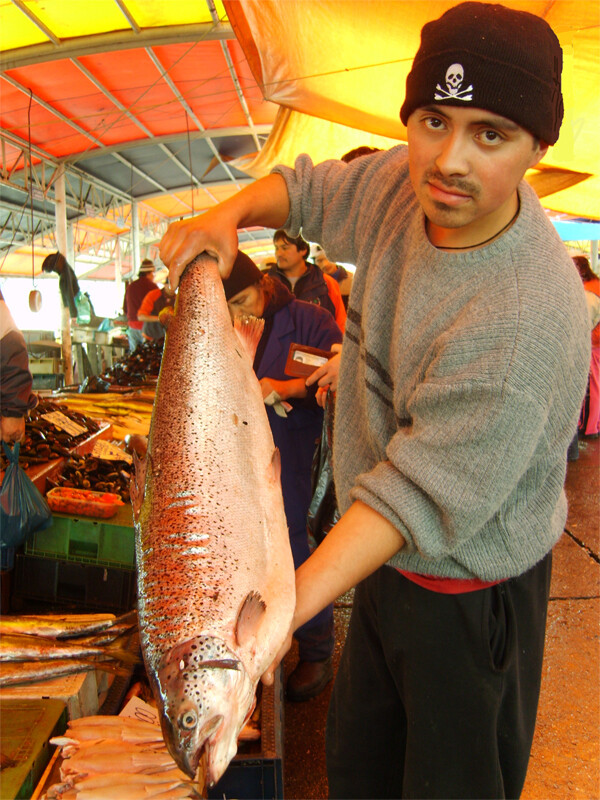After 35 years, the genetically engineered salmon saga has ended. AquaBounty has closed its genetically modified salmon production facilities after losing millions of dollars trying to market a product for which there is no demand.
The AquAdvantage fast-growing salmon was initially developed in 1989 at Memorial University in Newfoundland, and AF Protein in Fortune Bay, Prince Edward Island, Canada, initially sought to bring to it to market. I started reporting on these fast-growing test-tube babies in 2000, when AF Protein reorganized and spun AquaBounty Farms, later called AquaBounty Technologies, into the U.S.— with headquarters in Waltham, Mass. The so-called Frankenfish, may not cease to exist, but the U.S. company, AquaBounty, has ceased its efforts to market the genetically engineered fish.
Since its creation, AquaBounty has burned through millions of dollars, trying to clear all the hurdles for FDA approval—including creating 100 percent triploid fish incapable of breeding. According to C. Greg Lutz reporting in Aquaculture Magazine in 2016: “The company reported net losses of $4.3 million for 2013, following losses of $4.4 million in 2012. Losses reported for 2011 and 2010 were $2.7 million and $5.3 million, respectively.”
But investors believed in the promise of fast-growing super salmon. “The boom is just beginning,” said AquaBounty researcher Kurt Klimpel in a 2006 story I wrote. What would drive the new boom? Klimpel gave a one-word answer: “Biotechnology.”
The AquAdvantage fish received FDA approval in 2015 but with a number of restrictive conditions, including a bilingual product label on the egg crate and shipping container; a warning to rear the salmon in a physically contained freshwater culture facility; a warning not to rear the salmon in conventional sea cages or net-pens; and a requirement to dispose of dead fish in a manner consistent with local regulations.
In 2018, AquaBounty initiated plans to raise the AquAdvantage fish at a test facility in Indiana. Intrexon sold its majority stake in AquaBounty in 2019, which continued as a publicly held company, and in January 2022, announced plans to build a commercial-scale facility in Ohio—reported on here by former NF editor Jess Hathaway. By the end of 2022, I reported here that AquaBounty stock had tumbled from a high of $23 dollars a share to 65 cents, and NASDAQ was threatening to de-list the company. AquaBounty avoided de-listing by carrying out a reverse stock split and converting every 20 shares into one share with a value of $2.27, thus getting its share price above NASDAQ’a $1.00 minimum.
But that sort of last-ditch effort could not compensate for the fact that almost no one wanted to buy AquAdvantage salmon. The Ohio facility was never built, AquaBounty sold its Indiana operation, and in December 2024, citing a lack of liquidity, the company closed its last production facility where it began in Fortune Bay.
This story hopefully marks the end of my decades-long coverage of the genetically modified salmon pipe dream.







